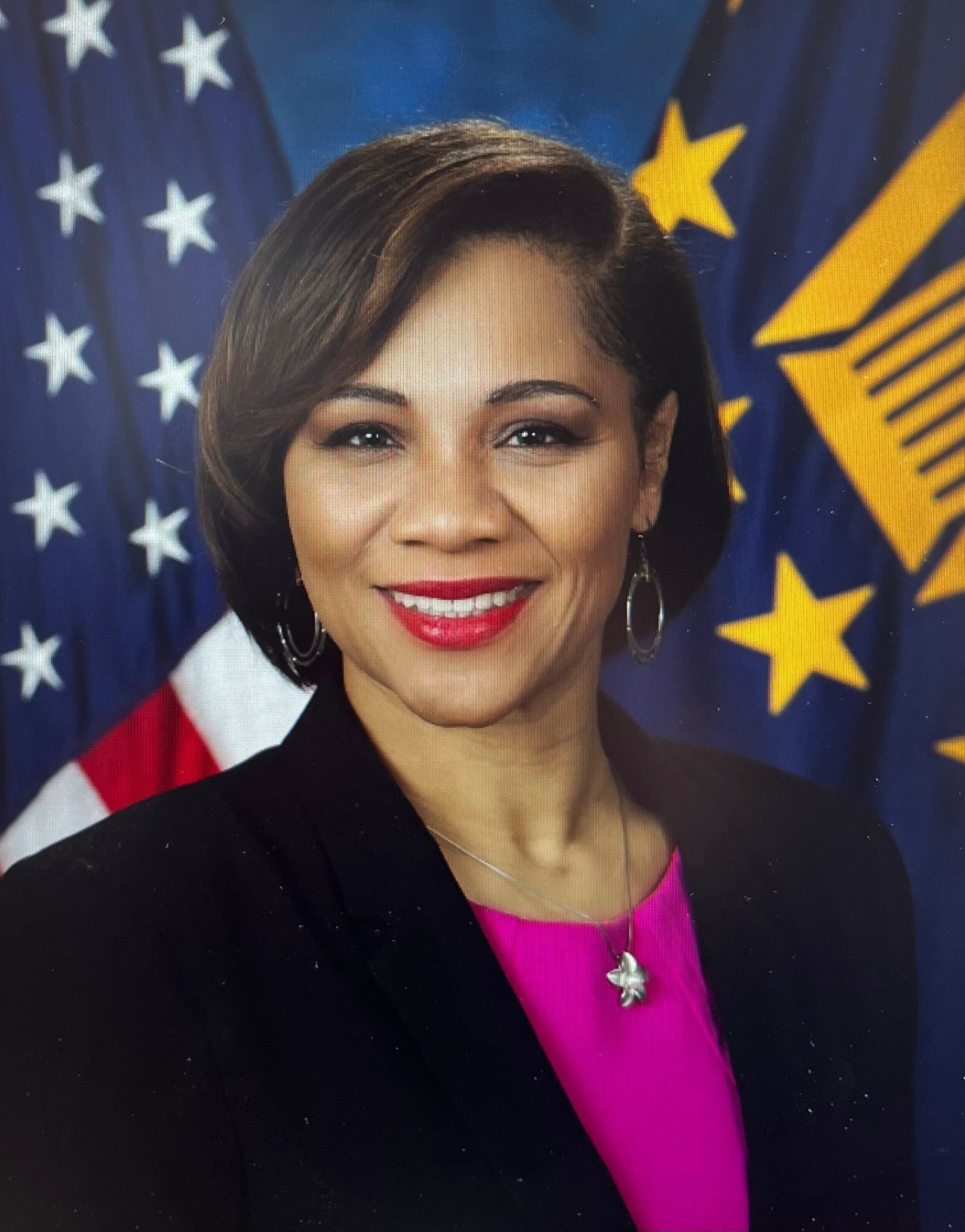Alright – so today we’ve got the honor of introducing you to Zaneta Adams. We think you’ll enjoy our conversation, we’ve shared it below.
Hi Zaneta, thanks for joining us today. Let’s kick things off with your mission – what is it and what’s the story behind why it’s your mission?
I I am a U.S. Army veteran, and my mission is deeply rooted in personal experience and pain transformed into purpose. In 2005, while serving, I was severely injured after falling from the back of a 2 ½-ton truck with the rails up—a fall of nearly 11 feet. At the time, I was in my twenties with three small children at home, and I had no idea how I would survive—physically or mentally. I went through a dark period filled with uncertainty, battling suicidal ideation, and questioning my worth and future.
Everything changed when I attended an adaptive sports event while in a wheelchair. Surrounded by other women veterans who challenged and encouraged me, I found a new sense of hope and identity. Their support reignited something in me. That experience not only motivated me to heal but also lit a fire to pursue my purpose.
I went back to school, earning my undergraduate degree in psychology and then a law degree. I made it my mission to ensure that veterans—especially women veterans—received the benefits they had earned. In 2014, I founded a nonprofit organization, WINC: For All Women Veterans, focused on restoring, reviving, honoring, and empowering women who served. It was my way of paying forward what those women veterans did for me.
My commitment to service continued when I became the first woman veteran—and the first woman and person of color—to serve in a cabinet position in Michigan as the Director of the Michigan Veterans Affairs Agency under Governor Gretchen Whitmer. There, I helped shape policy, expand access to care, and give veterans a greater voice at the state level.
That journey led me to Washington, D.C., where I served under President Biden and Vice President Harris as the Deputy Assistant Secretary for Intergovernmental Affairs at the U.S. Department of Veterans Affairs. I used my legal training, my lived experience, and my passion to bridge the gap between federal resources and veterans, families, and communities—always with the mission of removing barriers and building trust.
At every step, I’ve remained committed to turning adversity into advocacy. My mission is—and always will be—to ensure that no veteran feels forgotten, unseen, or unheard.
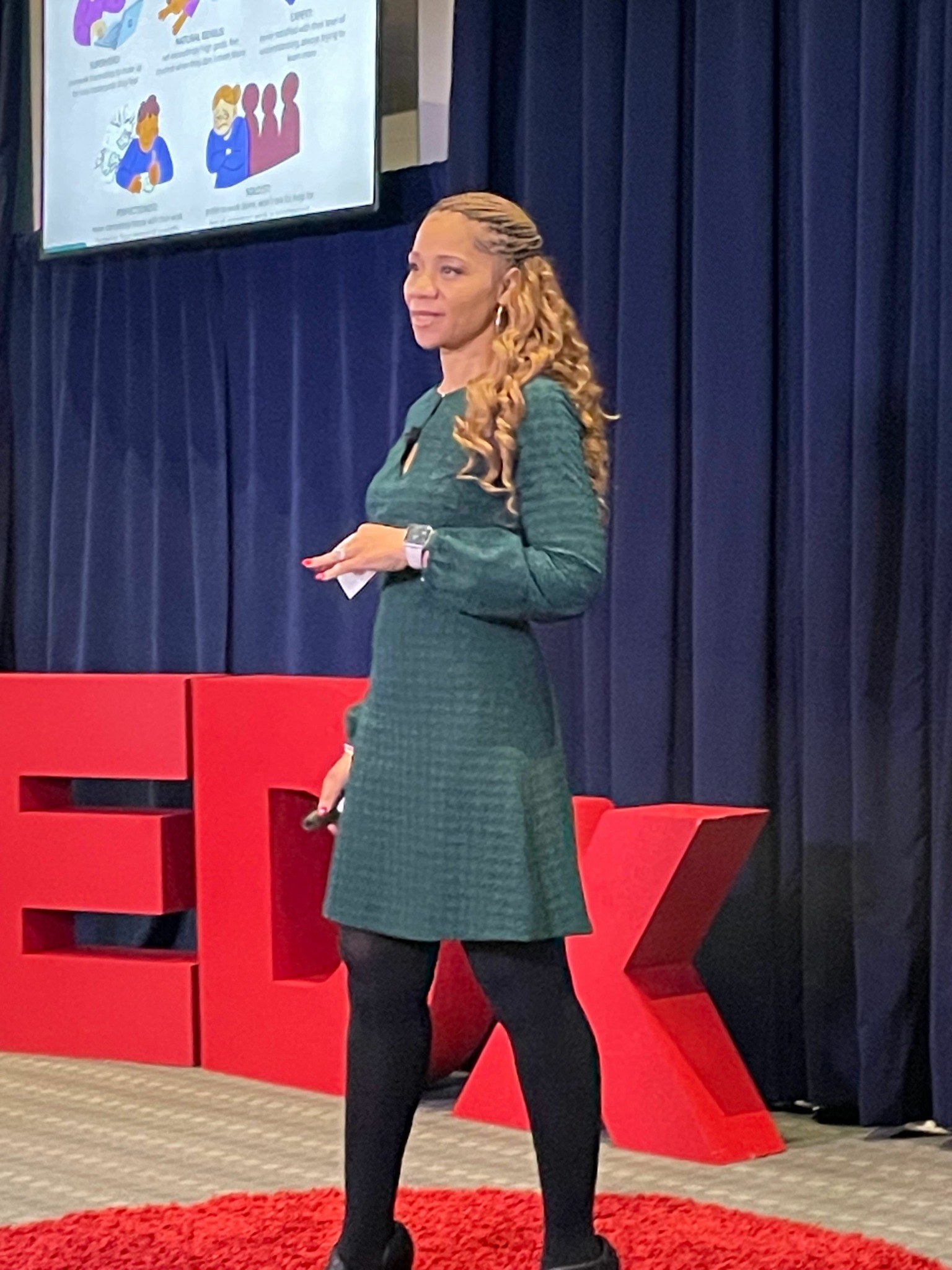
Awesome – so before we get into the rest of our questions, can you briefly introduce yourself to our readers.
For those who may not know me yet, I’m Zaneta Adams—a U.S. Army veteran, attorney, speaker, nonprofit founder, consultant, and currently a Family Court Referee in Muskegon County, Michigan. In my judicial role, I have the privilege of ensuring that justice is accessible, fair, and compassionate for youth and families navigating some of the most difficult moments of their lives. I serve with a deep sense of integrity and a belief that every person deserves to be seen and heard.
My journey into this work wasn’t conventional. It started with my own personal adversity and the decision to turn pain into purpose. That commitment to service has grown into a multifaceted career rooted in advocacy, empowerment, and transformation. Through my firm, Adams Strategic Consulting Group, I work with government agencies, nonprofits, and executives to solve real-world challenges—whether it’s improving veteran services, crafting leadership strategies, or building stronger community partnerships.
I also speak nationally on leadership, mental health, equity, and faith, helping individuals and organizations tap into resilience and lead with intention. My work centers on helping others find their voice, challenge systemic barriers, and create sustainable change. I’m especially passionate about empowering women, elevating underserved voices, and mentoring the next generation of changemakers.
What makes me different is that I’ve been on both sides—advocating as the client and advising as the expert. I bring lived experience, legal training, and senior-level public service together in a way that builds trust and drives meaningful results. I’m not afraid to ask tough questions, speak hard truths, and stand in spaces that others overlook.
I’m most proud of the legacy I’m building—not titles or accolades, but the impact I’ve had on people’s lives: veterans who found hope, youth who found a second chance, women who found their strength, and communities that found connection.
If you’re engaging with my work, know that it’s driven by purpose, fueled by compassion, and anchored in justice. Whether I’m in the courtroom, the boardroom, or on stage—I show up to make a difference
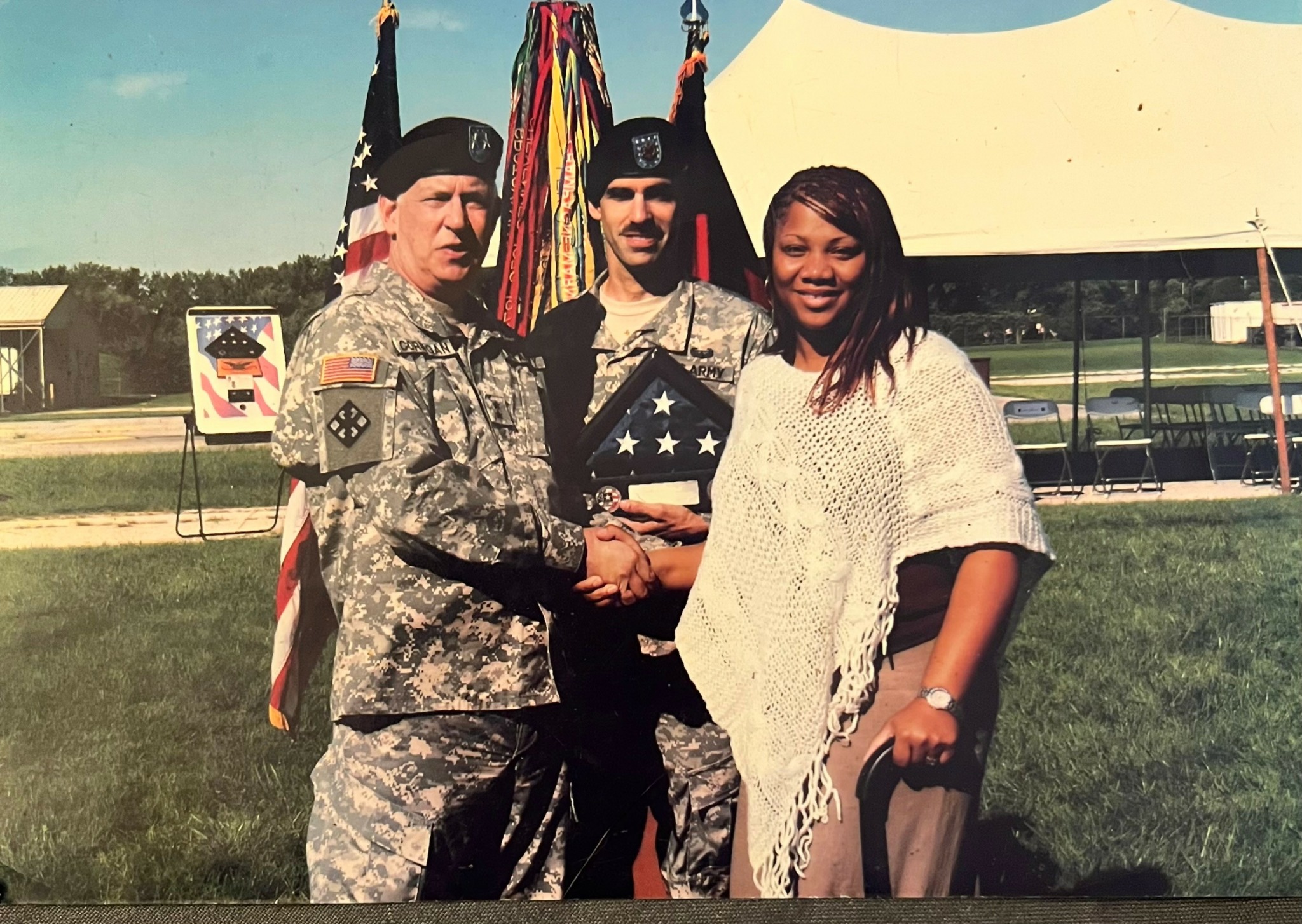
Can you tell us about a time you’ve had to pivot?
Absolutely. One of the most significant pivots in my life came after my injury in the military. I went from being an active-duty U.S. Army soldier—strong, independent, and focused on mission—to suddenly finding myself medically retired, wheelchair-bound, and unsure of who I was without the uniform. I had three small children at home, and I was battling not only physical pain but emotional isolation, depression, and suicidal thoughts. That moment forced me to pause and reimagine my entire life.
But that season of stillness became the foundation for my next chapter. I chose to pivot—first mentally, then physically. I redefined purpose for myself. I went back to school, earned a degree in psychology, then a J.D., and I made it my mission to serve veterans and others who, like me, felt lost after loss.
Later, I pivoted again—from legal practice into government leadership, and then again into consulting and entrepreneurship. Most recently, I transitioned from a federal leadership role back home to serve as a Family Court Referee in Muskegon County. Each pivot required faith, a willingness to let go of certainty, and the courage to embrace what was next—even when I didn’t know what that was.
What I’ve learned is this: pivots are not failures—they are invitations. Invitations to grow, to stretch, to rise. And every pivot in my journey has brought me closer to my purpose.
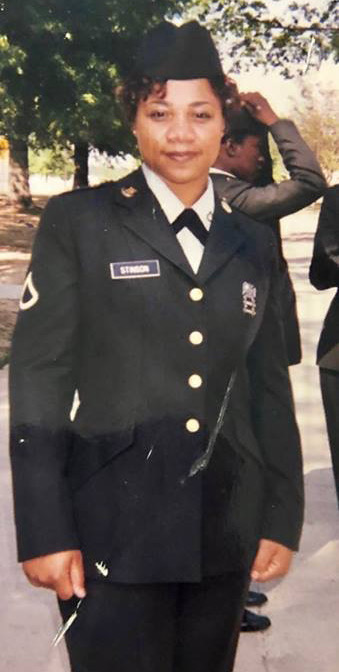
How do you keep your team’s morale high?
One of the biggest lessons I’ve learned about managing a team and maintaining morale is the power of authenticity. People don’t want perfection—they want real. As a leader, I’ve found that being honest about challenges, showing vulnerability when appropriate, and not pretending to have all the answers creates trust and a sense of shared ownership.
I never walk into a room thinking I’m the smartest person in it. That mindset shuts down collaboration. Instead, I surround myself with people who bring different strengths and perspectives to the table. I value their input, and I make it a point to create space where every voice can be heard—not just the loudest or most senior. When people feel seen, respected, and empowered to contribute, morale naturally rises.
Finally, I believe consistency, transparency, and recognition go a long way. Whether it’s a government agency, a nonprofit team, or a boardroom full of changemakers, people thrive when they know their leader is human, their work matters, and they’re part of something bigger than themselves.
Contact Info:
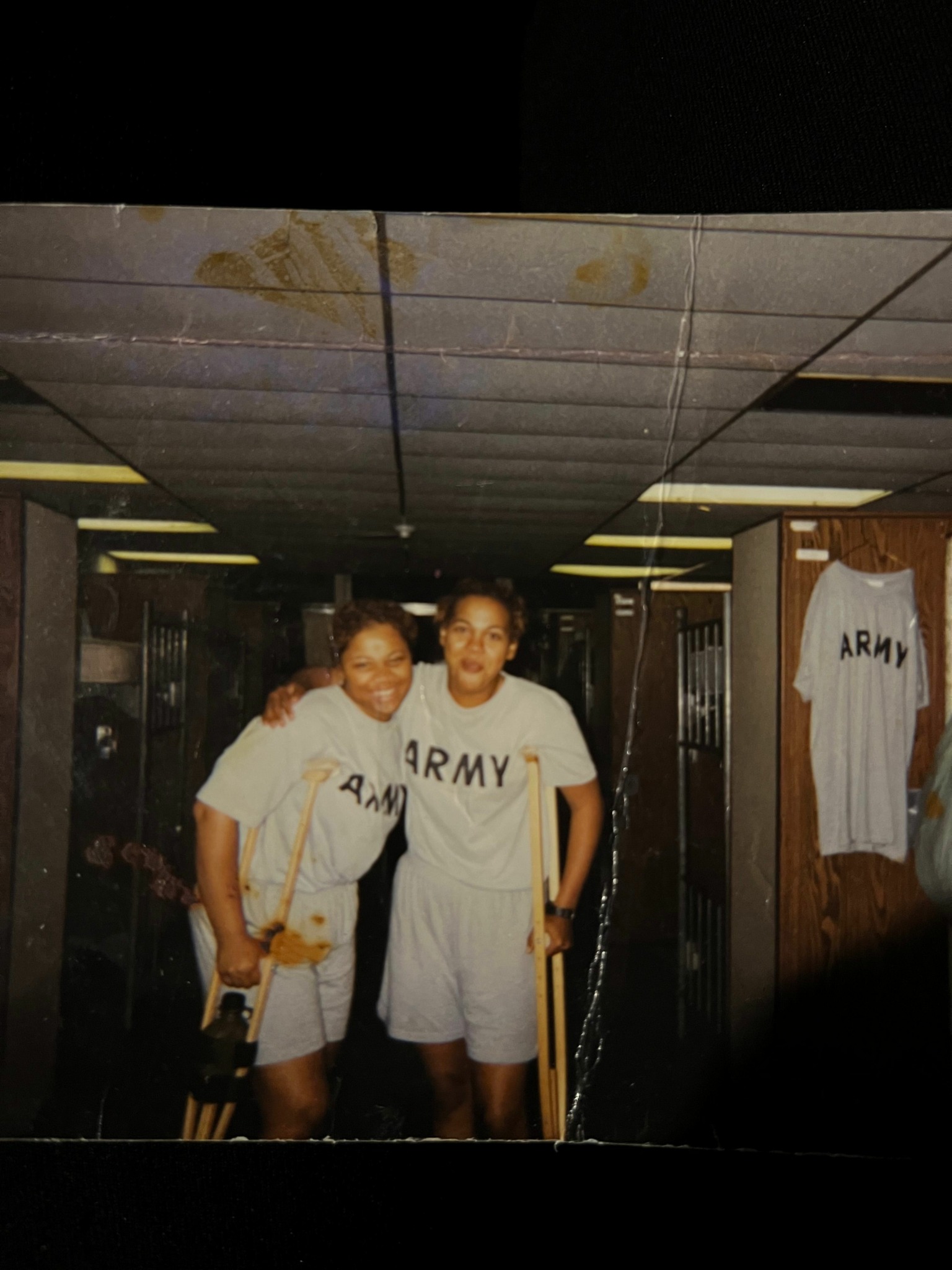

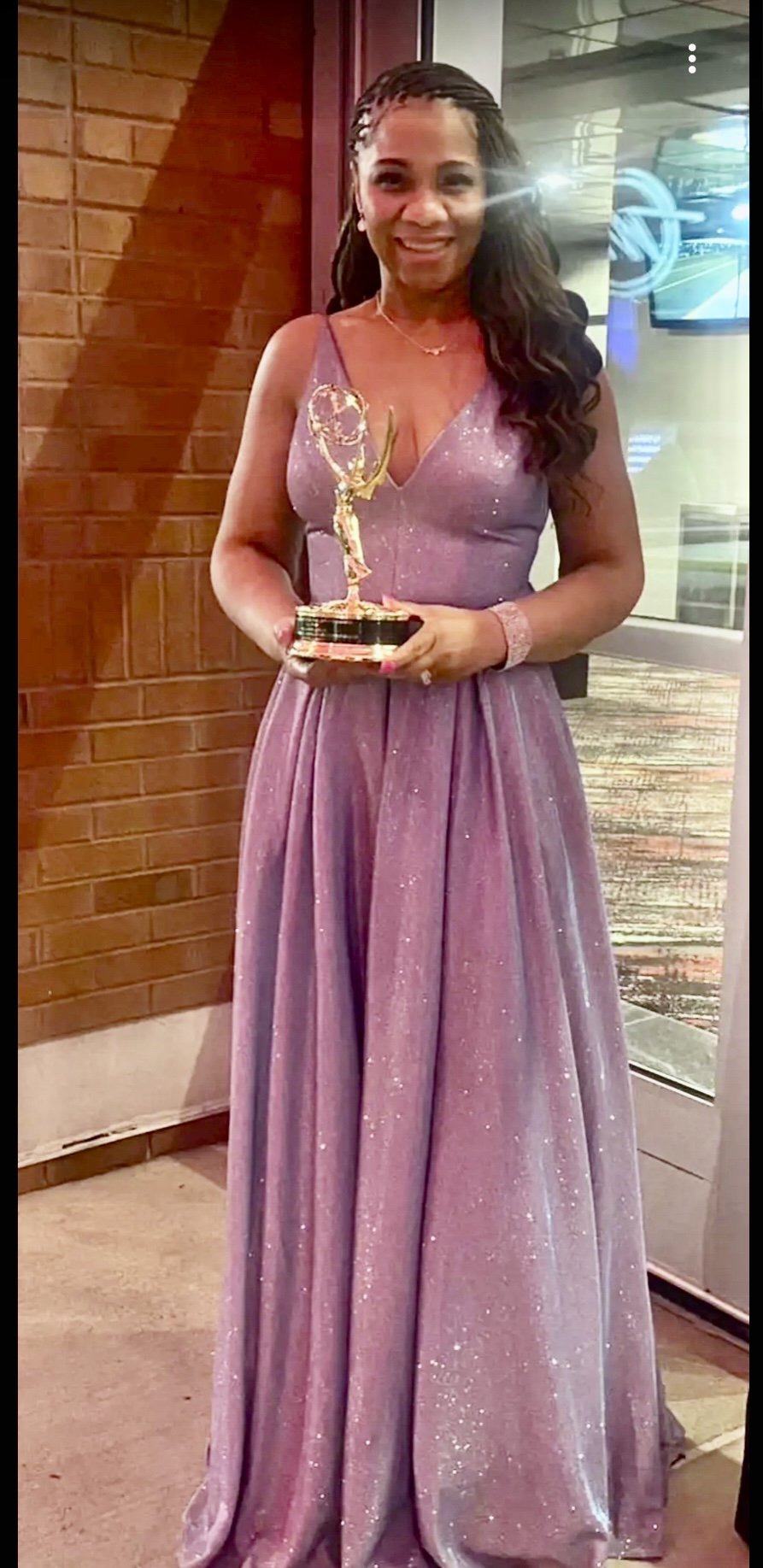
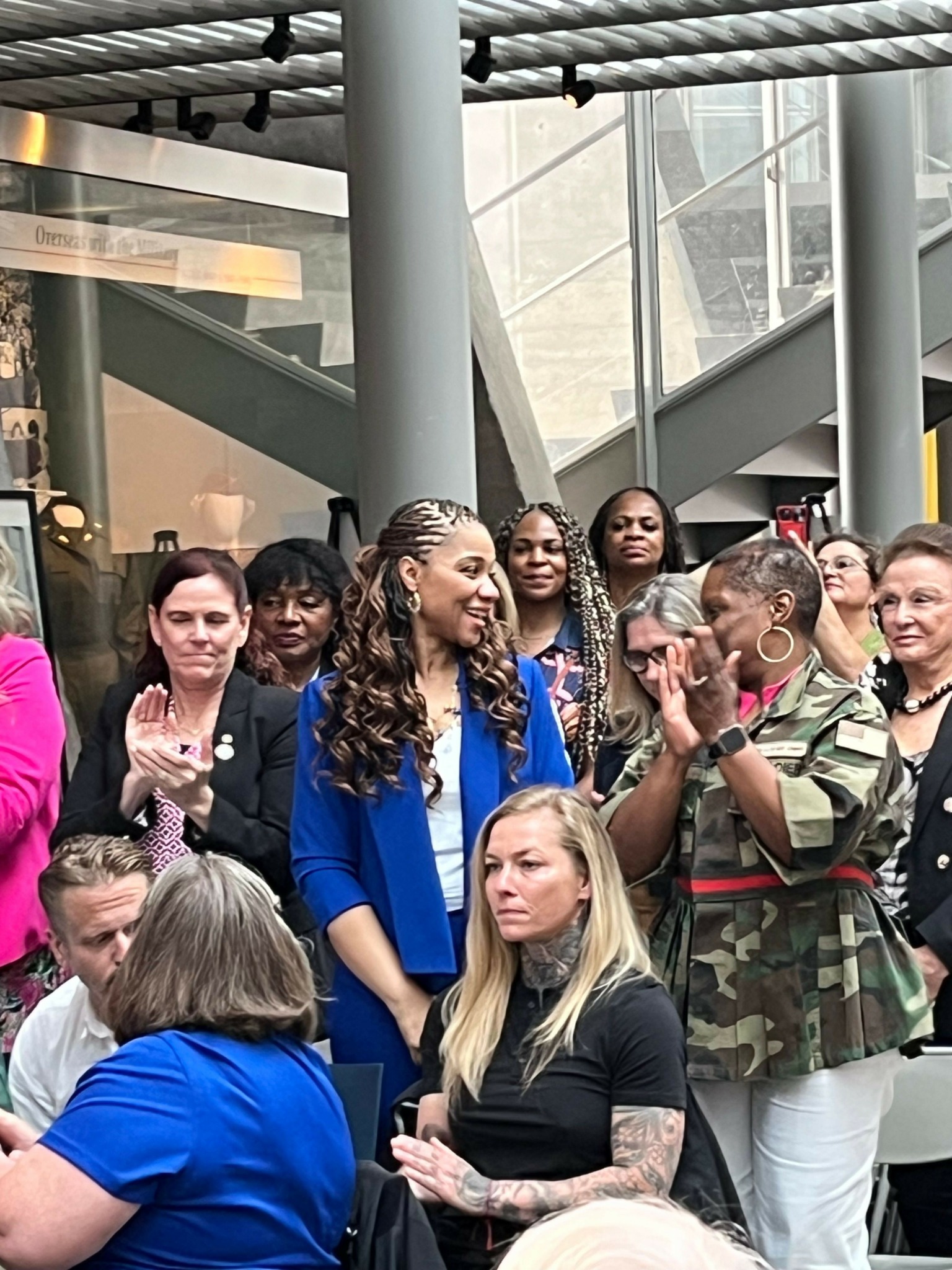
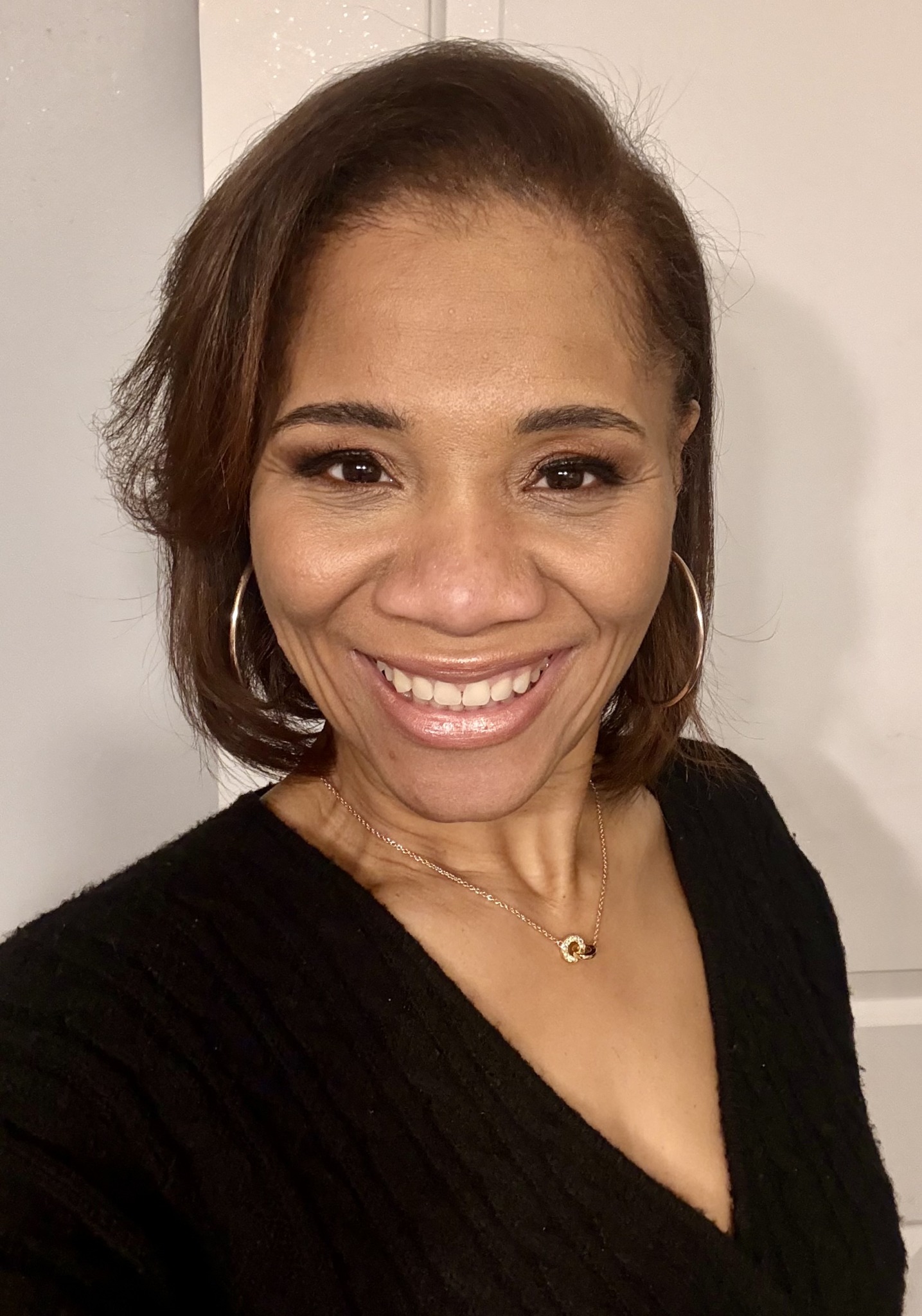
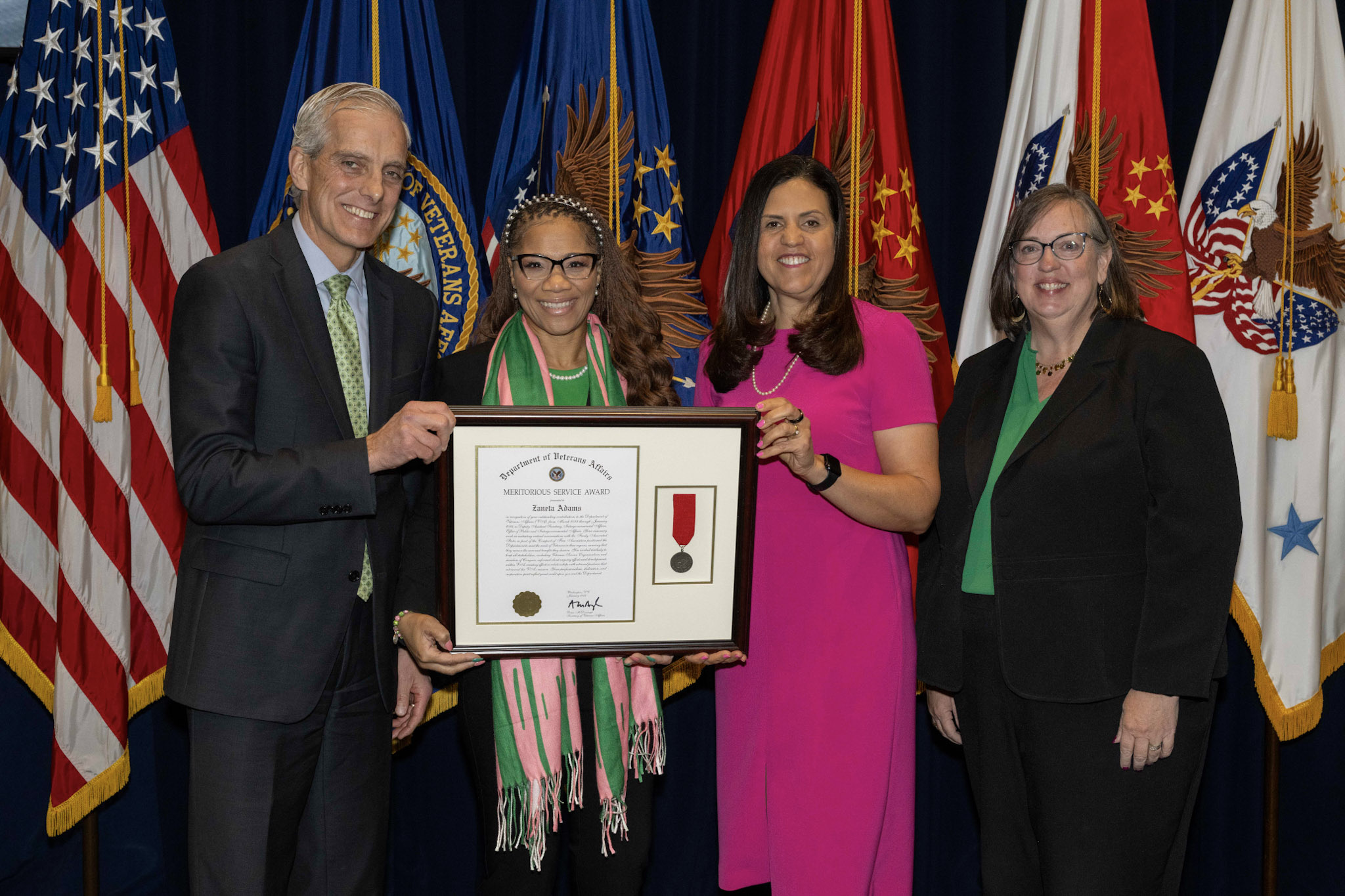
Image Credits
Zaneta Adams


